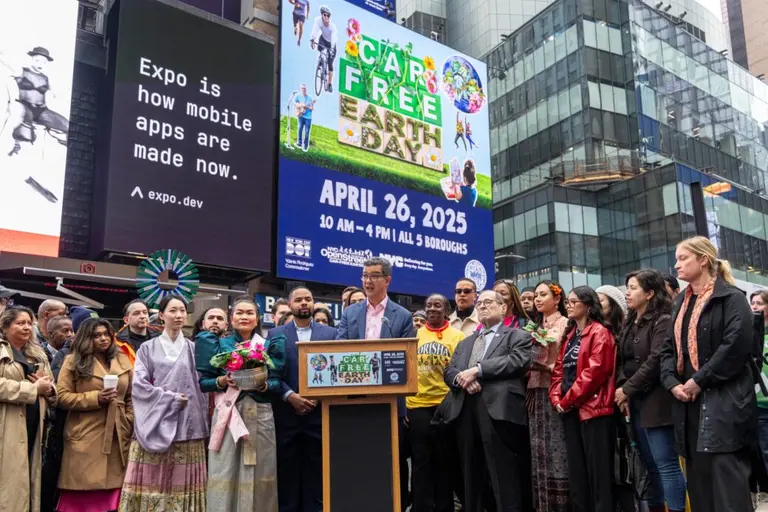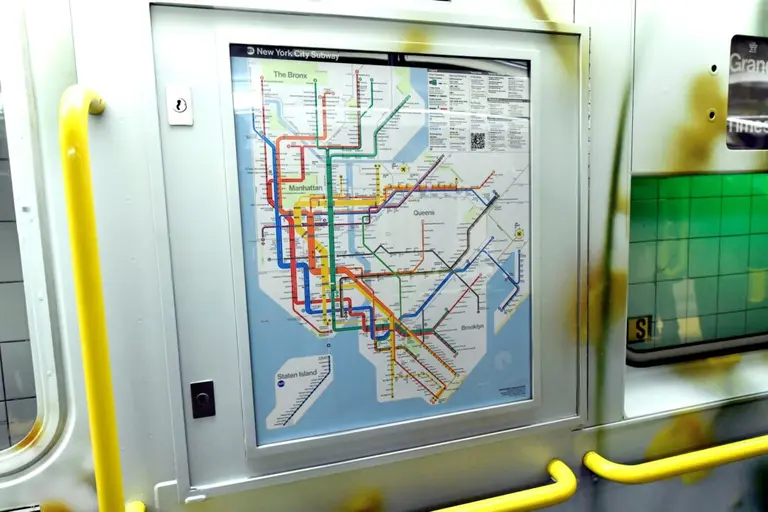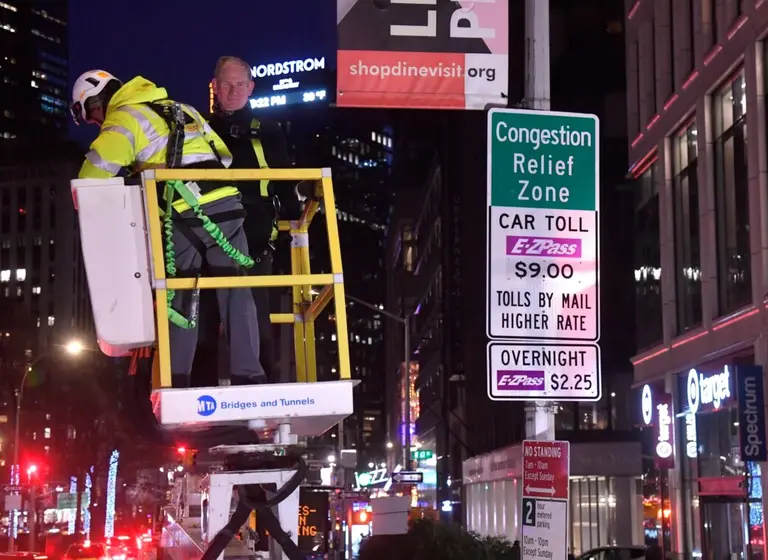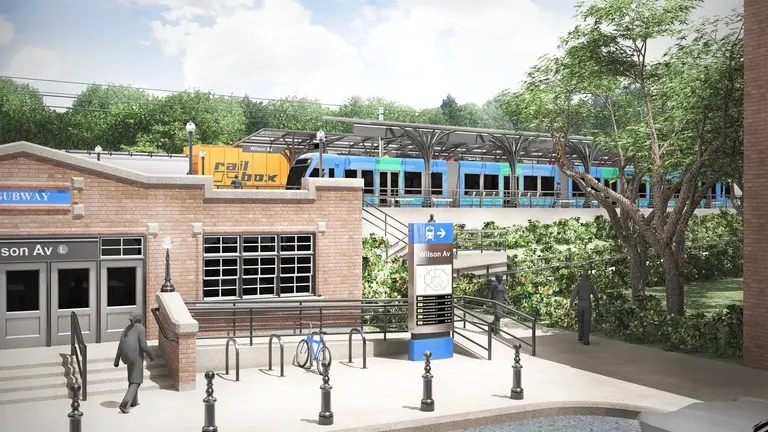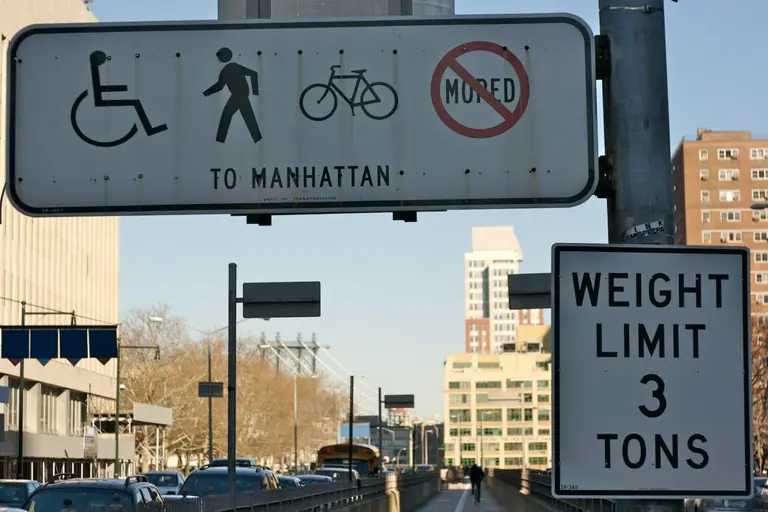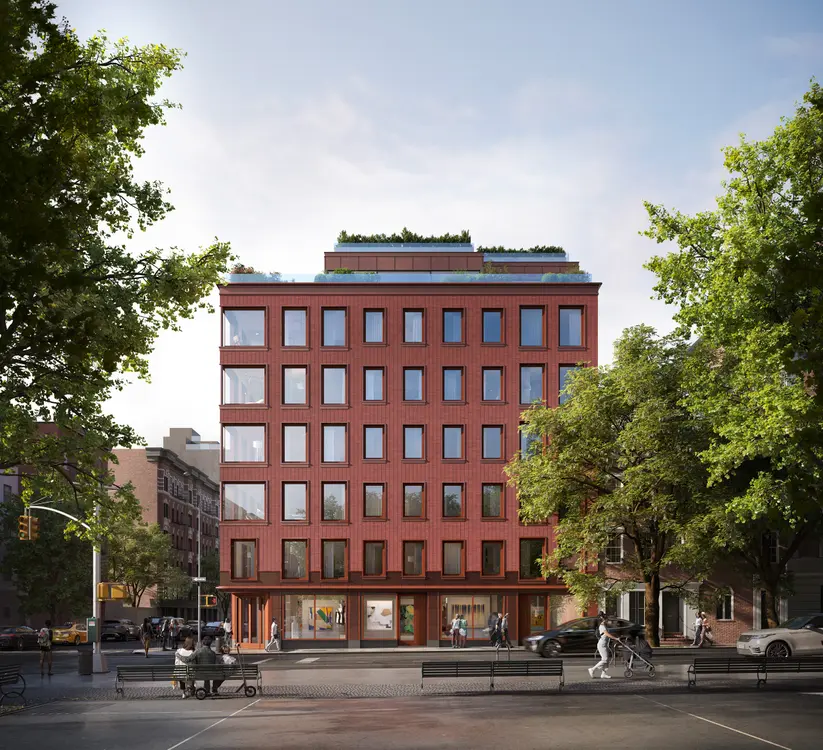Signal problems delayed the subway every weekday morning in August except one
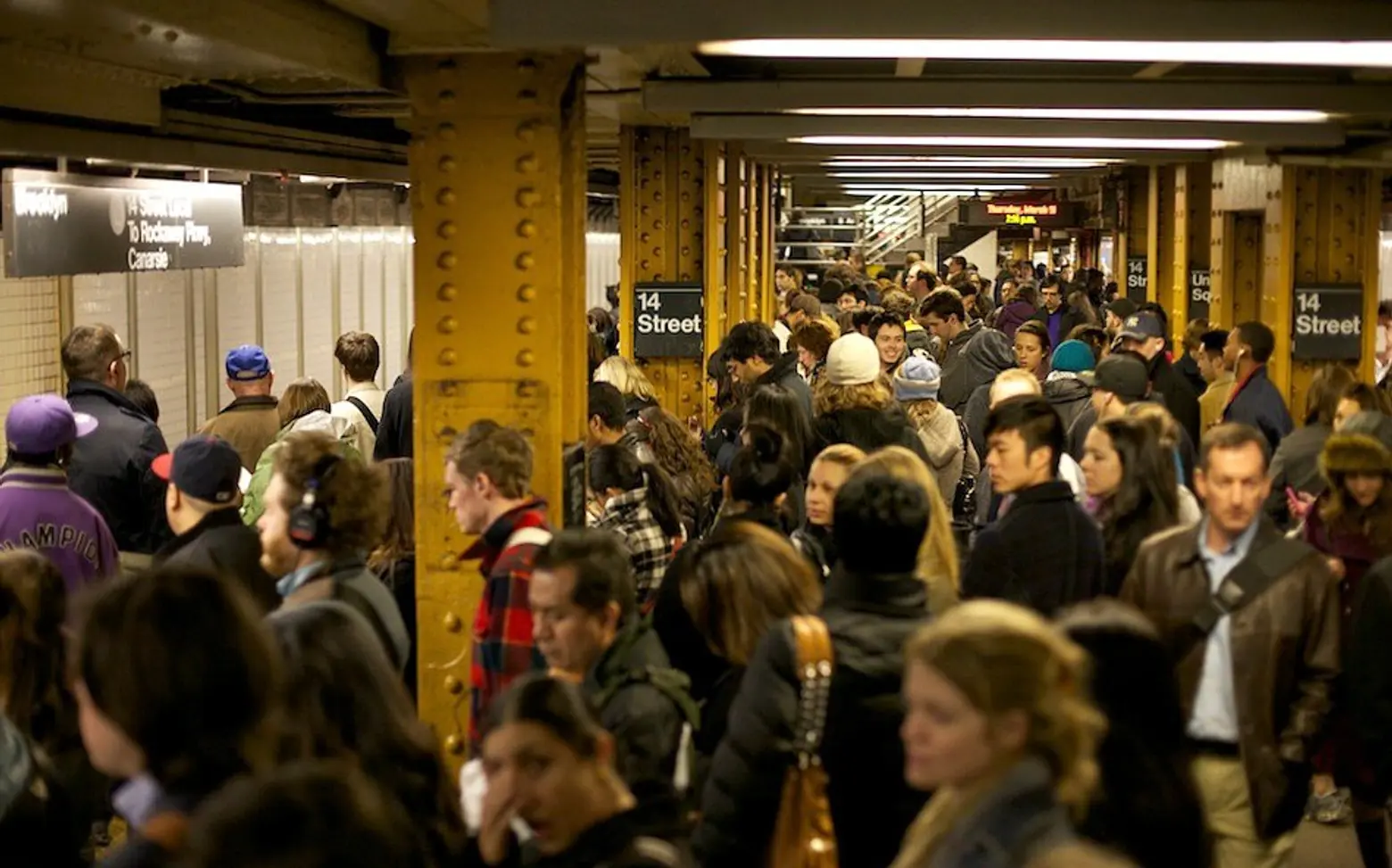
Via Dan Phiffer on Flickr
Signal problems caused subway train delays during morning rush hour every weekday during the month of August except one day, according to a report released last week by the Riders Alliance. Between 6 am and 10 am each weekday morning, except on Thursday, Aug. 23, the Metropolitan Transportation Authority issued a delayed train alert. Every line except the L train experienced signal and/or mechanical problems during one or more of the 23 morning rush hours last month, WNYC reported.
“When the entire month of August has only one morning rush without signal delays, that’s a blinking red light that it’s past time to modernize our subway system,” John Raskin, the executive director of the Riders Alliance, a transit advocacy group, said in a statement.
“Every one of those signal malfunctions throws thousands of people’s daily lives into chaos,” Raskin added. “In a functional transit system, that would be a rare event that merits an apology. In 2018 New York, it has become routine.”
Riders Alliance analyzed the MTA’s daily status report for the month of August. According to the group’s findings, the D and R trains suffer from the most delays, with 16 each across 23 working days. Signals delayed those trains 11 times, with mechanical issues responsible for five of the delays. The N train ranked third for most delays, with eight caused by signal problems and seven because of mechanical issues.
In addition to the Great Depression-era signals still in use, delays are being caused by people going onto the subway tracks. According to the New York Times, the number of incidents is on pace to be higher this year than last, which saw nearly 900 incidents involving people on the tracks. There have been 621 subway incidents so far in 2018.
“In New York, we have more incidents of people on tracks than anywhere else I’ve worked,” NYC Transit Chief Andy Byford, told the Times. “It’s a real challenge, and it’s one of the many factors we need to tackle in this all-out push to improve the reliability of our service.”
Currently, officials do not know for certain why the number of incidents has increased, but subway leaders said it could be the larger homeless population in the stations or the increased use of smartphones that can drop on the tracks.
In other cities, officials have installed platform doors that block anything from falling onto the tracks. But the MTA said installing them systemwide, at all 472 stations, could cost more than $1 billion.
The delays persist even after spending over $300 million on system repairs over the last year. Last summer, Gov. Andrew Cuomo declared a state of emergency for the MTA and unveiled a more than $800 million subway action plan to modernize the system. But the subway’s on-time rate hovers around 65 percent during the weekday, the same rate as last year and the lowest rate since the 1970s.
The main goal of Byford’s “Fast Forward” plan remains to equip the system with a new state-of-the-art signal system within the next ten years, a proposal previously estimated to take 50 years.
In their report, the Riders Alliance also called on Cuomo to push congestion pricing legislation to raise money for the Fast Forward plan. This means charging vehicles that enter Manhattan south of 60th Street. Congestion pricing could raise up to $1.5 billion per year for improvements, according to estimates.
“It’s time for Governor Cuomo and members of the state legislature to pass congestion pricing and fund the MTA’s Fast Forward plan, so we can rebuild the transit system and end the pain for millions of New Yorkers who rely on it every day,” Raskin said.
And like clockwork, delays on Monday morning were extensive. The MTA reported delays on the B, D, Q, E, M and F Lines due to a sick passenger at Rockefeller Center and signal problems at Broadway-Lafayette.
MTA, @NYCTSubway might as well close up for the day after a Monday morning rush hour this terrible pic.twitter.com/BmMccTkJp3
— Dan Rivoli (@danrivoli) September 17, 2018
[Via WNYC]
RELATED:

